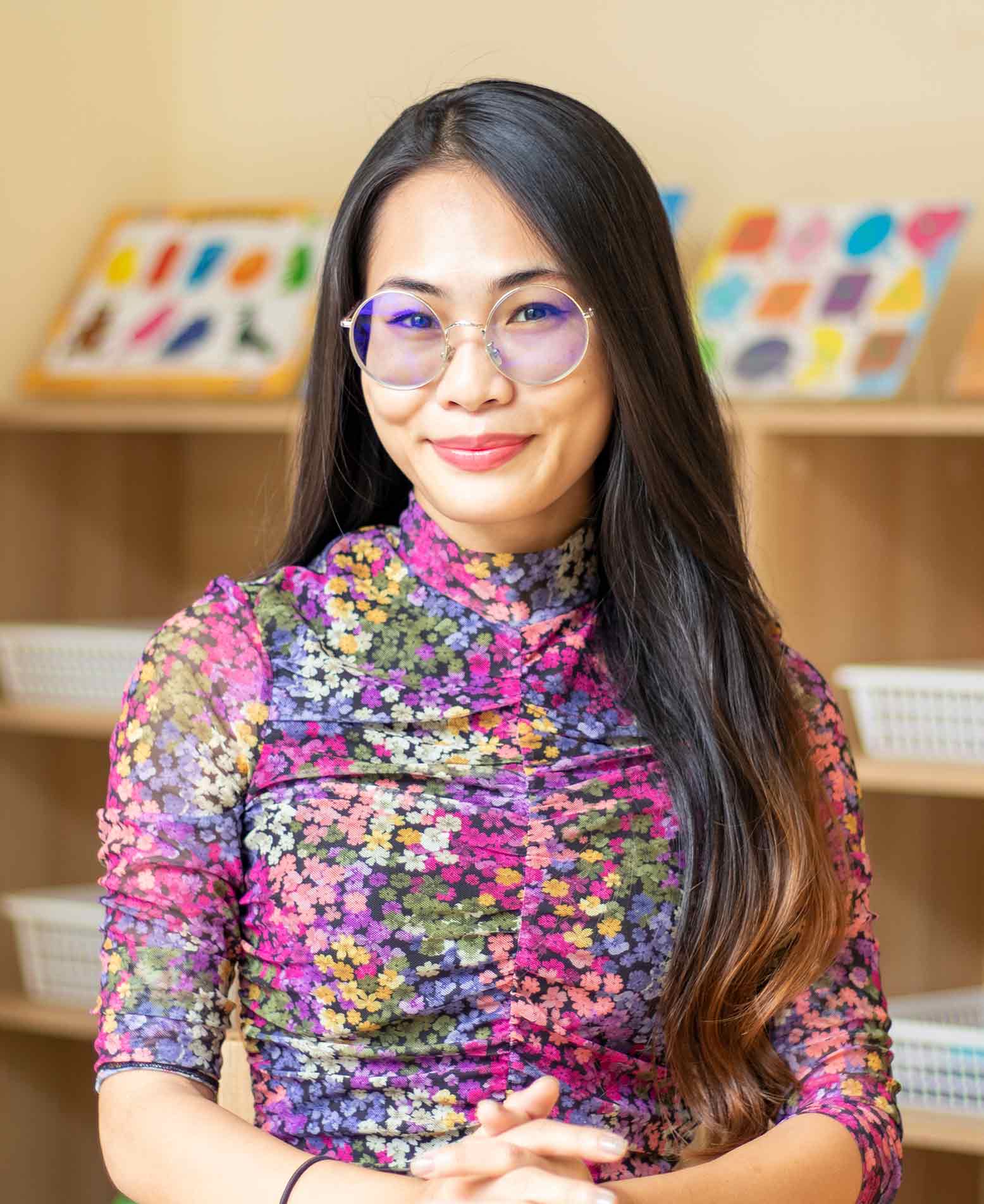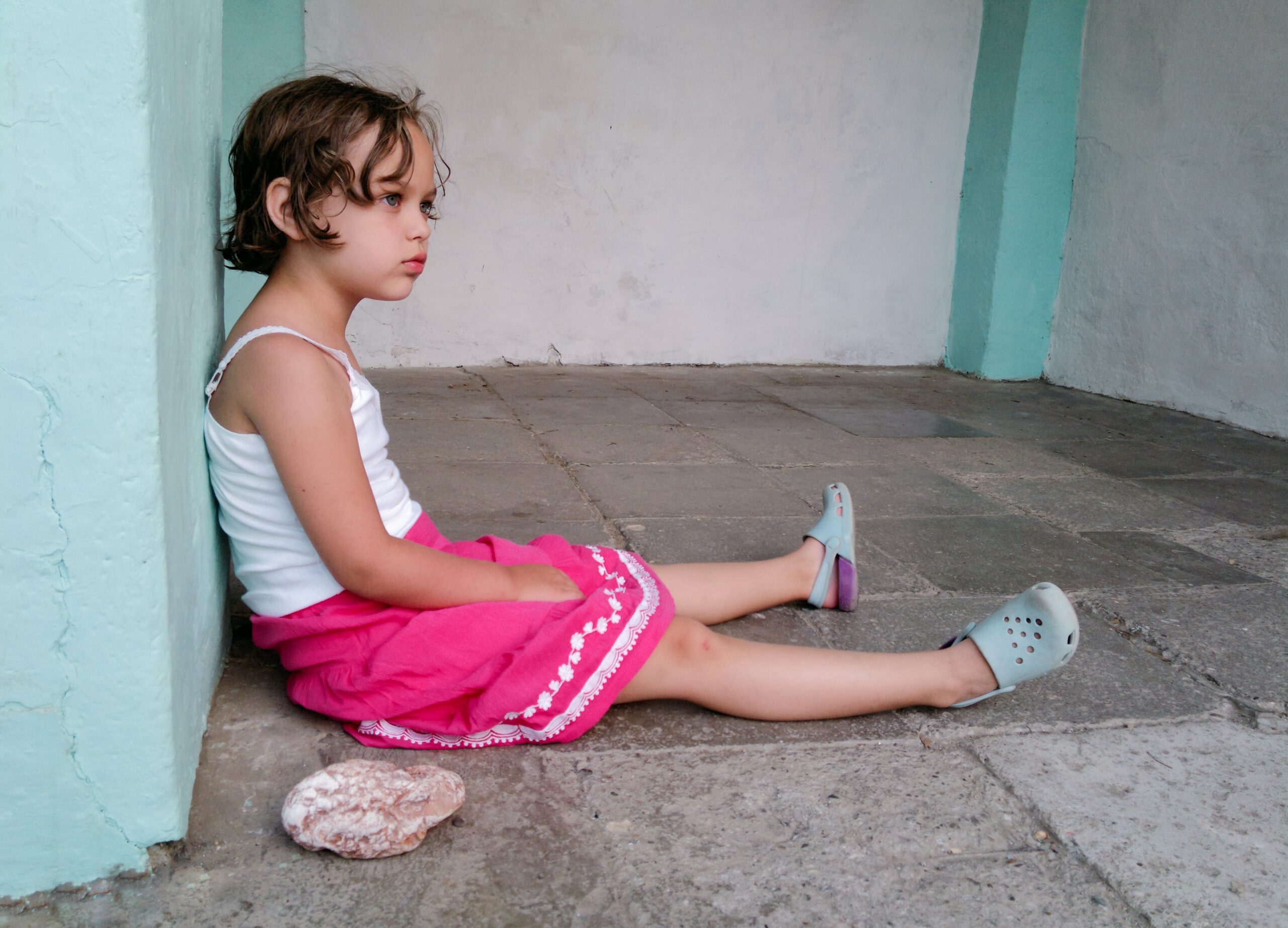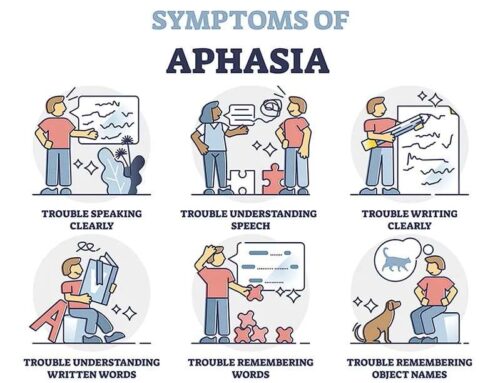In a world increasingly focused on diversity and inclusion, it is crucial to recognize and embrace the rich tapestry of cultures that shape our society. This extends beyond traditional cultural identities to encompass the unique perspectives and experiences of neurodivergent individuals, particularly those on the autism spectrum. Embracing autism cultural responsiveness is not merely about acknowledging differences; it is about fostering a deeper understanding and appreciation of the autistic community, its values, and its contributions to society.
Autism cultural responsiveness advocates for a shift in perception, viewing autism not as a deficit or disorder but as a natural variation of human neurology. It recognizes that autistic individuals possess a unique set of strengths, perspectives, and experiences that enrich our collective understanding of the world. This approach challenges the traditional medical model of autism, which often pathologizes autistic traits and emphasizes the need for “cure” or “treatment.”
By embracing autism cultural responsiveness, we can break down barriers to inclusion and create a more welcoming and supportive environment for all individuals. This involves recognizing that autistic individuals have the right to self-determination and should be actively involved in decisions that affect their lives. It also means acknowledging that sensory sensitivities, communication styles, and social preferences can vary among autistic individuals, and these differences should be respected and accommodated.
Key Principles of Autism Cultural Responsiveness:
-
Respect for Neurodiversity: Valuing and celebrating the diverse range of human neurology, including autism, as a natural and enriching part of human experience.
-
Individualized Understanding: Recognizing that each autistic individual is unique and has their own strengths, needs, and perspectives.
-
Cultural Humility: Approaching interactions with autistic individuals with a willingness to learn, unlearn, and adapt one’s understanding of autism and neurodiversity.
-
Communication Accessibility: Creating environments and using communication methods that are accessible and inclusive for autistic individuals, considering their sensory and communication preferences.
-
Empowerment and Self-Advocacy: Supporting autistic individuals in developing self-advocacy skills and empowering them to make informed decisions about their own lives.
Practical Steps to Foster Autism Cultural Responsiveness:
-
Educate Yourself: Actively seek out information and resources to gain a deeper understanding of autism, its spectrum of presentation, and the experiences of autistic individuals.
-
Use Person-First Language: When referring to individuals on the autism spectrum, use person-first language, such as “person with autism” or “autistic person,” rather than identity-first language, such as “autistic” or “autism.”
-
Normalize Autism: Avoid pathologizing or stigmatizing autism. Instead, view it as a natural variation of human neurology, just like different hair colors or eye colors.
-
Challenge Assumptions: Question your own assumptions about autism and be open to new perspectives. Recognize that there is no single “autistic experience” and that individuals on the spectrum have a wide range of abilities and needs.
-
Embrace Differences: Celebrate the unique strengths and contributions of autistic individuals. View neurodiversity as an asset rather than a deficit.
By adopting principles of autism cultural responsiveness, we can create a more inclusive and equitable society for all individuals, regardless of their neurological makeup. It is time to move beyond outdated perceptions and embrace the rich tapestry of human neurodiversity, recognizing that every individual’s unique perspective and experiences contribute to the richness of our shared world.
If you are serious about learning, then one-on-one classes at OrbRom Center are the best way to go. Our experienced teachers will help you achieve your academic goals. Contact us TODAY.
Welcome to OrbRom Centre
Choosing learning support for your child is one of the most important decisions you will make, and I welcome you to discover more about why OrbRom is the best option in Phnom Penh.

H. Sophaneth B.Ed, M.Ed





Leave A Comment